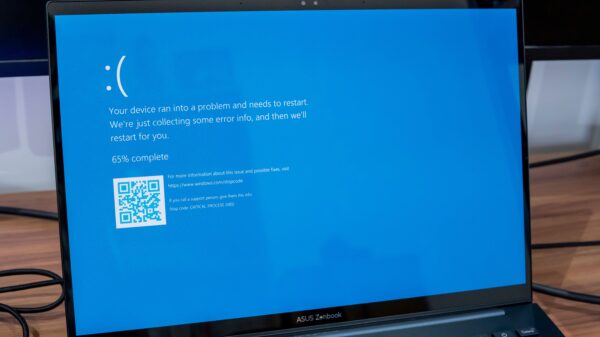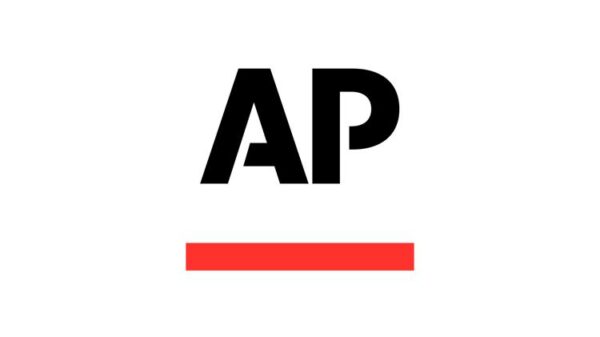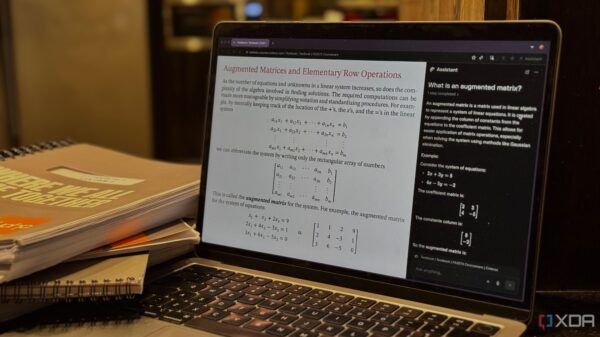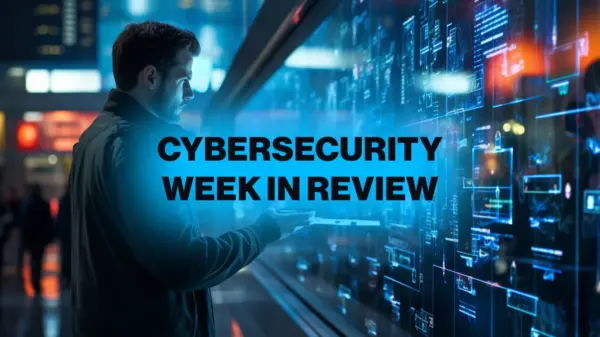In a significant regulatory shift, Arizona Commissioner Rachel Walden announced the rollback of Energy Efficiency (EE) and Demand Side Management (DSM) Rules during an Open Meeting of the Arizona Corporation Commission on March 20, 2024. Citing economic concerns and the need for greater equity among consumers, Walden emphasized her intent to address the challenges posed by outdated mandates that have been in place for over a decade but expired five years ago.
Walden expressed her support for the benefits of EE initiatives, particularly during peak summer months when energy demand often strains the electrical grid. “I fully support the use of EE mechanisms and DSM programs, which have demonstrated energy savings,” she stated in a release from the Arizona Corporation Commission. She criticized the existing rules for lacking adequate protections for ratepayers, claiming they disproportionately burden many consumers to support only a select few.
Despite this rollback, Walden indicated a commitment to continuing energy efficiency efforts in Arizona. She noted that utilities will still be required to utilize All-Source Requests for Proposals when planning their energy futures. Additionally, she expressed approval for a recent Bring Your Own Device DSM program for customers of Arizona Public Service (APS), which was accepted by the Commission and designed not to shift costs unfairly among consumers.
The conversation surrounding energy efficiency and management in Arizona remains active, with ongoing discussions about balancing economic feasibility and environmental responsibility. However, Walden’s recent decisions also included the rejection of a proposed low-income customer-owned Yard Line replacement program from Southwest Gas. She cited a “lack of consumer protections and guardrails” in her reasoning, reinforcing her approach to regulatory oversight.
Walden encouraged Southwest Gas to reintroduce a program in a future rate case that includes comprehensive protections for consumers and robust data to support its implementation. “Innovation in energy services is encouraged, but it cannot proceed without adequate consumer protection,” she remarked.
As Arizona navigates these regulatory changes, the implications for consumers and the energy market at large will be closely monitored. The evolving landscape presents both challenges and opportunities for stakeholders involved in the state’s energy sector. Through careful scrutiny and a focus on cost-effectiveness, the Arizona Corporation Commission aims to foster solutions that benefit the entire population while ensuring that consumer protections are not compromised.




